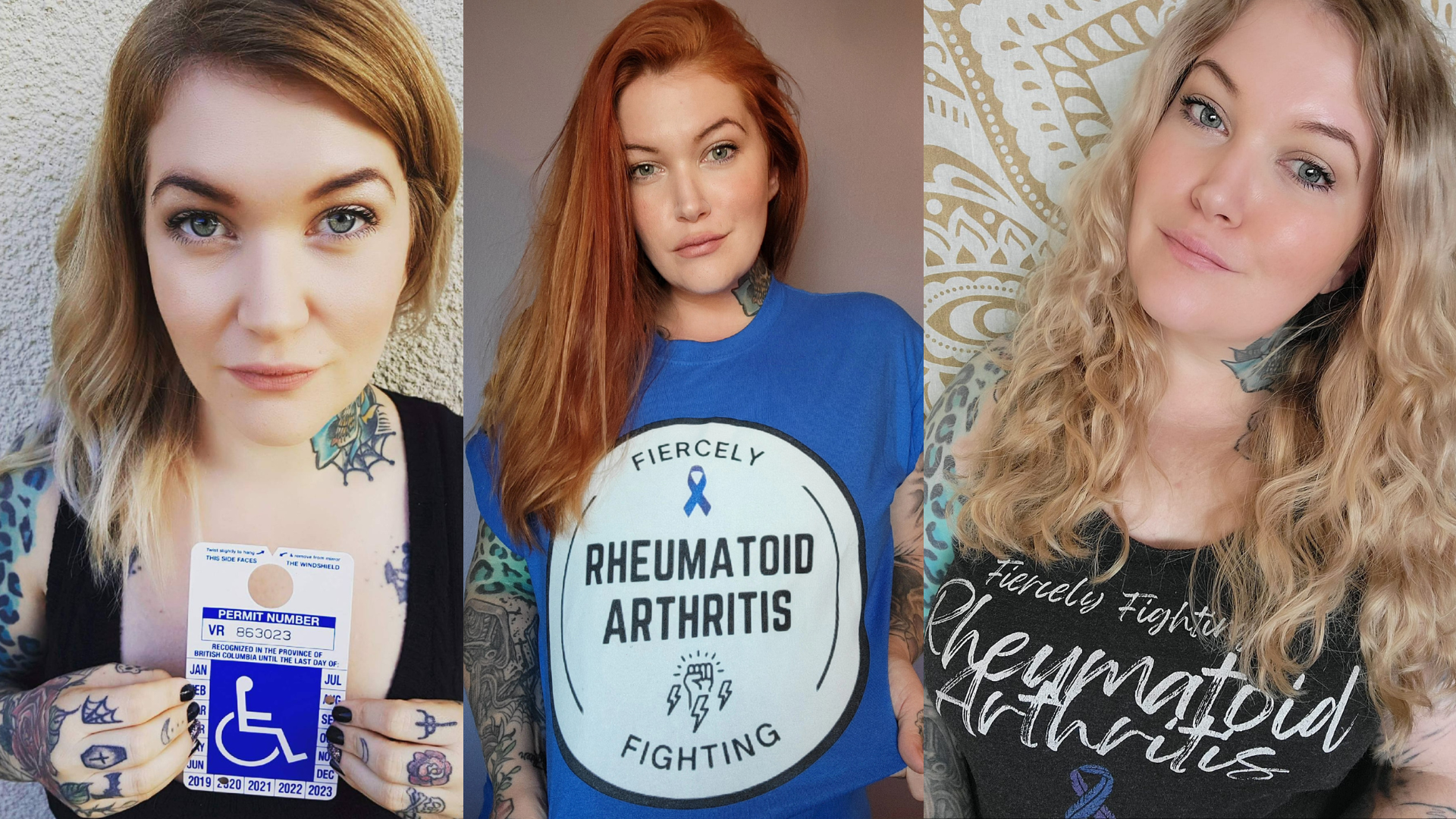Learn more about our FREE COVID-19 Patient Support Program for chronic illness patients and their loved ones.
Throughout the COVID-19 pandemic, movie theaters have left patrons on several cliffhangers.
But now, after multiple cancelled plans to resume business (due to spikes in coronavirus cases across the nation), large movie theater chains are ready to officially open their doors again.
AMC Theatres is opening more than 100 cinemas — about a sixth of its locations nationwide — on August 20, and Regal Cinemas is set to reopen some locations August 21.
But while seeing a film on the big screen is a cherished tradition, you may be wondering if it’s worth it if you have an underlying condition that puts you at higher risk of COVID-19 complications.
The Global Healthy Living Foundation and CreakyJoints conducted a poll of our members — many of whom live with underlying health conditions that increase the risk of severe illness from COVID-19 — to understand what risks people living with chronic illness are willing to take when it comes to resuming everyday activities.
Going to the movie theater was one of the activities respondents were least likely to do. (Part of this could be due to the fact that many movie theaters have been closed throughout the pandemic.) Only 6 percent of respondents said they had gone to the movie theater or would in the next month or two, while 94 percent said they would wait until the threat is much lower or completely gone.
As a whole, respondents said they were more likely to attend an indoor gathering of more than 20 people, swim in an indoor pool, or go on an airplane or train than go to a movie theater.
You’re likely well aware of the risks you need to balance when deciding what to do and where to go during the COVID-19 pandemic. The general guidance to follow is simple, yet not always easy to adhere to:
- Maintain a social distance of six feet or more from people outside of your household whenever possible.
- Wear face coverings when out in public and when you can’t be socially distant.
- Wash or sanitize your hands frequently and disinfect commonly touched surfaces.
- Avoid large groups or situations when it will be hard to be socially distant.
- When spending time with others, being outdoors is safer than indoors.
Movie theaters are taking precautions to keep patrons safe, but seeing a movie is still tricky because it involves spending an extended period of time near groups of people inside a closed space. Patrons might also take their masks off for extended periods of time to munch on snacks and sip drinks.
If you’re itching to see a movie on a big screen — or to simply get out for a recreational activity — how safe is it, really? Here are the risk factors and safety precautions to take into consideration.
Movie Theater Risks During COVID-19
Despite many movie theaters issuing new guidelines to help prevent the spread of COVID-19, there are still risks that present themselves in any situation that involves gathering with others outside of your household, especially indoors and for a long period of time.
Patrons Who Are Unknowingly Sick
First of all, although many people may stay home when they feel sick, there could be individuals in the movie theater who are unknowingly carrying the virus.
“The biggest problem with COVID-19 is people spreading the infection who don’t realize they’re infected,” says David Aronoff, MD, director of the Division of Infectious Diseases at Vanderbilt University School of Medicine in Nashville, Tennessee.
These people generally fall into two categories:
- Presymptomatic: The individual has been infected but is not yet showing symptoms. In the two or three days before the first symptom occurs, this person can shed large amounts of the virus and is highly contagious.
- Asymptomatic: The individual is part of a minority of patients who never get symptoms, even though they are infected. Although it’s still unclear whether asymptomatic patient person shed less virus than symptomatic or presymptomatic patients, they can still transmit coronavirus to others.
Because these groups of people don’t have symptoms, they might be more likely to engage in riskier activities like going to crowded events or filing into a movie theater with others.
Patrons Not Wearing Masks
The main way COVID-19 spreads is through respiratory droplets from an infected person that travel through coughing, sneezing, or talking and infect people nearby, per the U.S. Centers for Disease Control & Prevention (CDC). That is why it’s so important for everyone to wear masks, which help prevent the dispersal of infected respiratory droplets.
However, patrons may take their masks off to eat and drink throughout the duration of the movie in a movie theater. On top of it, indoor spaces like movie theaters are generally considered riskier than outdoor spaces, because it might be more difficult to practice social distancing and there’s less ventilation inside, per the CDC.
Challenges with Social Distancing
You might find it hard to social distance from those you don’t live with as you stand in line to buy a ticket, shuffle in and out of the auditorium with other moviegoers, or use the public restrooms, even if the theater seats are staggered for social distancing.
The virus that causes COVID-19 spreads very easily between people, and data suggests that it does so even more efficiently than influenza. It’s also possible to get COVID-19 by touching a surface or object that has the virus on it and then touching your own mouth, nose, or eyes, per the CDC, though this is not thought to be a major way the disease spreads.
Your risk level will also depend on local spread of the virus. “It’s really important for movie theaters and moviegoers to understand what’s going on in their community with COVID-19,” says Dr. Aronoff. “If you live in an area where rates of disease are high or increasing, that increases the likelihood that somebody who entered that movie theater has the virus and doesn’t know it.”
There are two metrics that may be helpful in determining community spread, Dr. Aronoff says:
- New cases per 100,000 people: This is a rolling average of the number of new cases per 100,000 people. It’s been suggested that the safest number is less than one new case per 100,000 people per day over a two-week period.
- Percent positive rate: In regions where testing is widely available, this metric tells you how many tests are returning positive out of all tests being done. Ideally, the percentage positive would be less than 5 percent over a two-week period. However, in communities where testing is not widely available and tests are only given to individuals with symptoms, this metric may be skewed.
“Unless disease activity is really low in their area, I would be hesitant to recommend that people who are at increased risk of doing poorly with COVID-19 go to a movie theater,” says Dr. Aronoff. “I don’t think that’s the most prudent thing to do during this pandemic, even though it’s such an enjoyable experience for so many people.”
Precautions Movie Theaters Are Taking
The nation’s largest movie theater chain, AMC Theatres, faced scrutiny in June when its CEO said the chain wouldn’t require masks to avoid “being drawn into a political controversy.” However, after facing backlash, the chain reversed its decision.
AMC Theatre’s new guidelines now include:
- Masks covering the nose and mouth will be required for guests and crew (but may be taken off while guests eat or drink).
- Auditoriums will be filled to 30 percent capacity or less, based on municipality guidelines.
- Guests will be asked to leave an empty seat between themselves and other guests, and in auditoriums with traditional seating, every other row will be blocked off.
- At concessions, cash will not be accepted to avoid contact between food handling and money. Menus will be scaled back for shorter lines and quicker service.
- Auditoriums will be disinfected before each show.
Regal Theatres, another national chain, has implemented similar guidelines.
However, it will also be up to patrons to follow these new rules — which, as with any business, may be enforced to varying degrees based on location.
“Movie theaters are doing important things to help prevent the transmission of the virus to others,” says Dr. Aronoff. “But of course, that also requires participation by the patrons, who need to respect the rules and guidelines and avoid theaters if they’re feeling sick – and be comfortable with the fact that there may be a risk that they could get infected or infect others.”
How to Stay Safe at the Movie Theater
If you do go to the movie theater, it’s important to follow all guidelines implemented by the theater to keep moviegoers safe. However, Dr. Aronoff also recommends additional precautions:
- Refrain from eating or drinking at the theater.
- Clean your hands regularly, either with soap and water or with hand sanitizer that contains at least 60 percent alcohol.
- Sit apart from those you don’t live with or who aren’t in your “social bubble,” and maximize the distance between yourself and others.
- Try to find theaters that are relatively large, not cramped or small.
- Avoid standing in lines (order your tickets ahead of time and skip the concessions).
- Go to the movie theater during off-peak hours, when the capacity is likely to be lowest.
You can also call the movie theater ahead of time to ask about what precautions are being taken to prevent the spread of COVID-19 if you can’t find its guidelines online.
And of course, if you have any symptoms of COVID-19 yourself, be sure to stay home.
“When we go out into public places like movie theaters, we need to remember we play a role not only in protecting ourselves, but also in protecting other people,” says Dr. Aronoff.
Get Free Coronavirus Support for Chronic Illness Patients
Join the Global Healthy Living Foundation’s free COVID-19 Support Program for chronic illness patients and their families. We will be providing updated information, community support, and other resources tailored specifically to your health and safety. Join now.
AMC Safe & Clean. AMC Theaters. August 17, 2020. https://www.amctheatres.com/amc-safe-and-clean.
AMC Theatres Unveils Plans to Reopen During Coronavirus. Variety. June 18, 2020. https://variety.com/2020/film/news/amc-coronavirus-movie-theaters-covid-19-1234642047/.
AMC to offer 15-cent tickets on first day of reopening. The Associated Press. August 13, 2020. https://apnews.com/a3794011d38591428c3a6e771d84977a.
Deciding to Go Out. Coronavirus Disease 2019 (COVID-19). U.S. Centers for Disease Control and Prevention. July 30, 2020. https://www.cdc.gov/coronavirus/2019-ncov/daily-life-coping/deciding-to-go-out.html.
How COVID-19 Spreads. Coronavirus Disease 2019 (COVID-19). The U.S. Centers for Disease Control and Prevention. June 16, 2020. https://www.cdc.gov/coronavirus/2019-ncov/prevent-getting-sick/how-covid-spreads.html.
Interview with David Aronoff, MD, director of the Division of Infectious Diseases at Vanderbilt University School of Medicine in Nashville, Tennessee
Regal Reopening August 21. Regal Theatres. August 17, 2020. https://www.regmovies.com/static/en/us/corona-virus-response.






